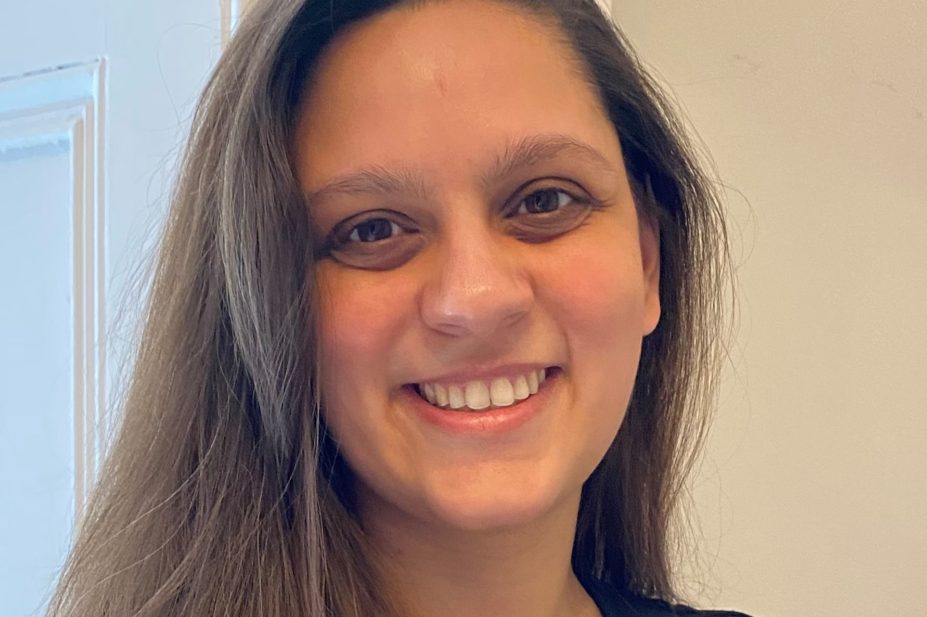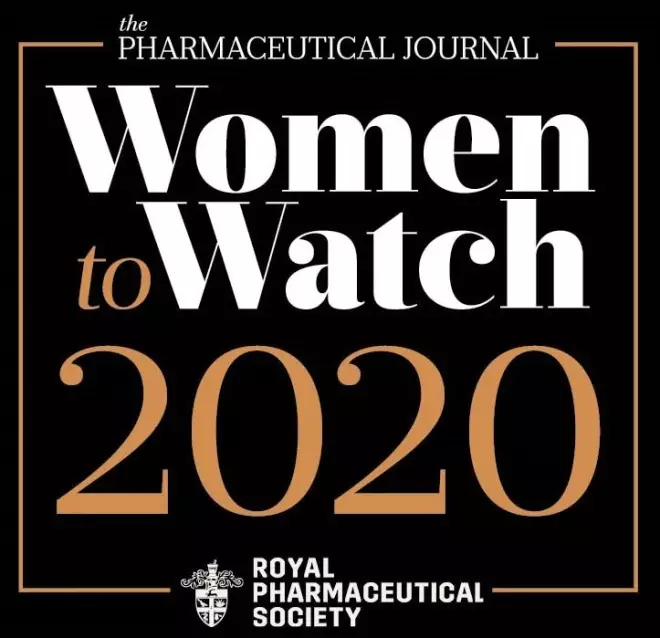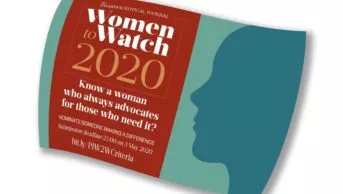
Priyanka Mehta

Despite only qualifying in 2017, Priyanka Mehta is proving a tour de force in the world of pharmaceutics.
In November 2017, she joined forces with her sister Ambika to form the start-up pharmaceutical company AMPM. She brings the pharmaceutical know-how and her sister, with a Master’s degree in Investment and Wealth Management, brings the business acumen.
Mehta explains that their aim is to develop a formulary of generic medicines: “We have private equity willing to back us so we’re doing lots of research into the products and access to active pharmaceutical ingredients.”
The sisters began their AMPM journey by advising a front-end marketing company based in the United States on the commercial viability of folic acid.
“We partnered with the front-end marketing company to obtain the Abbreviated New Drug Application (ANDA) [in 2020] and have since launched the drug product [in the United States]. Our close relationship with this company, as well as a third-party logistics company in the United States, has enabled us to look into developing our own ANDAs.”
Mehta says the company has also paired up with a UK generics company who were attracted by AMPM’s research methodology used to select and analyse potential drug products.
“We have developed an extensive research approach which covers the process of bringing a generic product to market, from the sourcing of API [the active pharmaceutical ingredient] to the formulation and manufacture of the finished dosage form, through to sales and marketing,” she explains. “We combine a large range of data sources and use our systematic data analysis process to compile in-depth information relating to each drug product.”
In 2020 alone, AMPM has strategically analysed more than 70 potential generic products in multiple therapeutic areas and a range of dosage forms. This list is currently being narrowed down to identify potential candidates for development, which will start in 2021.
In five years’ time, the pair hope to be well on their way to creating a successful generics business: “I would hope we would have our own list of medicines that we’re selling and potentially have our own research and development site.”
However, Mehta has had to overcome considerable challenges to get to where she is today.
“I’m an Indian girl and everyone wants you to do medicine and get work experience in hospitals and GP surgeries,” she explains. “But both my uncles are pharmacists and said: ‘Why don’t you think about pharmacy?’ It was the best decision I made and from then I’ve just tried to get as much experience as I can.”
Her time as a pharmacy undergraduate was a bumpy ride. At one point, she was told she was losing her place on the course after failing an exam, but after Mehta questioned it, the university admitted that the papers had been mixed up: “I knew that wasn’t right and you do have to believe in yourself and keep going.”
Before starting her manufacturing business, Mehta worked in community pharmacy and visited pharmaceutical manufacturing sites in the UK, China and India to learn best practice and understand the global issues currently facing the manufacturing and distribution of medicines.
While in India, Mehta discovered that a significant proportion of the local population did not have access to good quality medical treatments, and so organised a day where free medicines were donated to villagers in Asambani.
In 2019, she went back to University College London School of Pharmacy to study online to become a Qualified Person (QP) — an individual who works within the pharmaceutical industry to accept and sign off batches of medication to be released to the market or used in a clinical trial. Her most recent project is developing a ‘Road to QP’ website — which is almost ready to go live — containing videos on what a QP does, what the requirements to be one are and an interactive application form that can be changed and edited.
“No one knows what a QP is and many students don’t even know they can go into industry. I want to change that and show them how it’s done,” she says.
She also hopes the website will be a way for QPs to form useful networks. “There are hardly any QPs so you don’t really know each other. I wanted to create a forum where everyone can talk. People don’t know where to look for placements so I’ve also compiled a database of local expertise.”
Recently, Mehta and her sister also helped four international Masters students with their research projects, despite the difficulties of carrying these out during the COVID-19 pandemic: “We worked with them using our in-depth research approach and gave them access to some databases. Their dissertations were really interesting and so we’re going to carry on these projects.”
She regularly returns to her alma mater, University College London, to speak with aspiring pharmacists about her experiences and her subsequent career pathway. She has received fantastic feedback from these sessions, with students often staying behind to ask her for advice.
You can see why they find Mehta so inspiring; a pharmacy professional who is going places in business, but who takes the time to elevate others.
“Priyanka is passionate about sharing her career pathway with others and I was partiularly impressed by the opportunities she has created for MSc students to be involved in her business”
“A pharmacist with great vision. Her initiative has the potential to support pharmacists in a career pathway not chosen by many. Already she is supporting the next generation of pharmacists and is working tirelessly to make a significant contribution to the profession”
Meet the rest of The Pharmaceutical Journal’s Women to Watch 2020 here.


